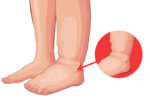The kidneys––those small bean-shaped organs––are very important when it comes to maintaining good health. Your kidneys are responsible for filtering your blood, filtering waste from the foods you eat and maintaining your overall internal fluid balance.
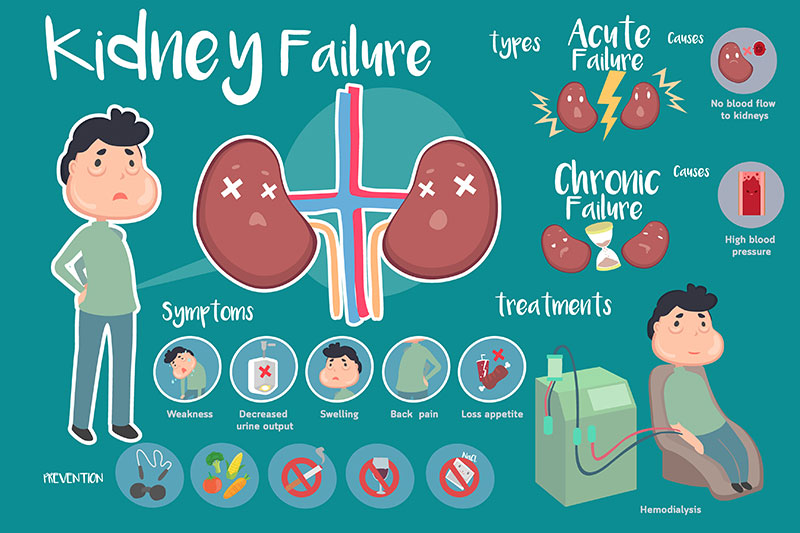
When you have an issue with your kidneys, the unfortunate thing is that you might not always be able to see the signs. Especially when it comes to kidney infections, some signs are rather silent in nature.
To help you keep a tab of your kidney health and proper function, we’re here to help. Let’s take a look at eleven silent signs that you have a kidney infection. If you notice you have one or more of these symptoms, it might be time to visit a doctor just to be safe.
#11 – Having to pee often
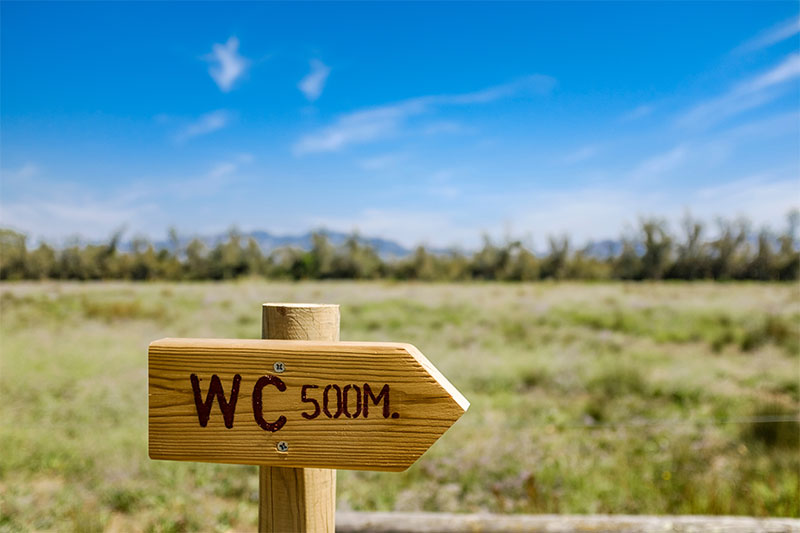
When you have a kidney infection, you’re likely to feel the urge to pee more often. This is because the bladder responds to the infection by trying to get rid of it, which means flushing it out. Therefore, you’ll feel the need to pee even when you have an empty bladder.
#10 – Lower back pain

Once your kidneys are infected, they will begin to swell up and be quite sensitive. As they swell up, you may feel either a sharp or a dull pain that typically occurs in your lower back, the area where your kidneys are located.
#9 – Blood in your urine
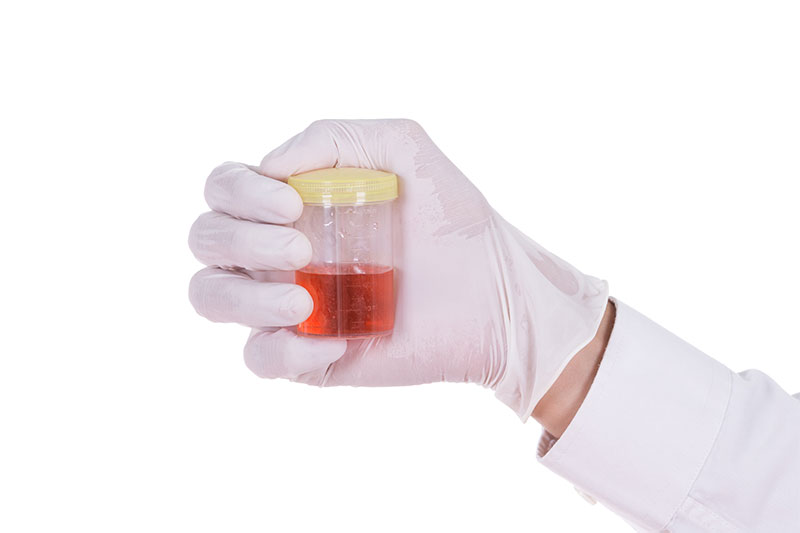
This should be alarming and a call to visit your doctor right away, no matter what the cause is. When your kidneys are infected with bacteria (UTI), your body fights the infection by sending red blood cells to the area. This results in blood in your urine.
#8 – Cloudy urine
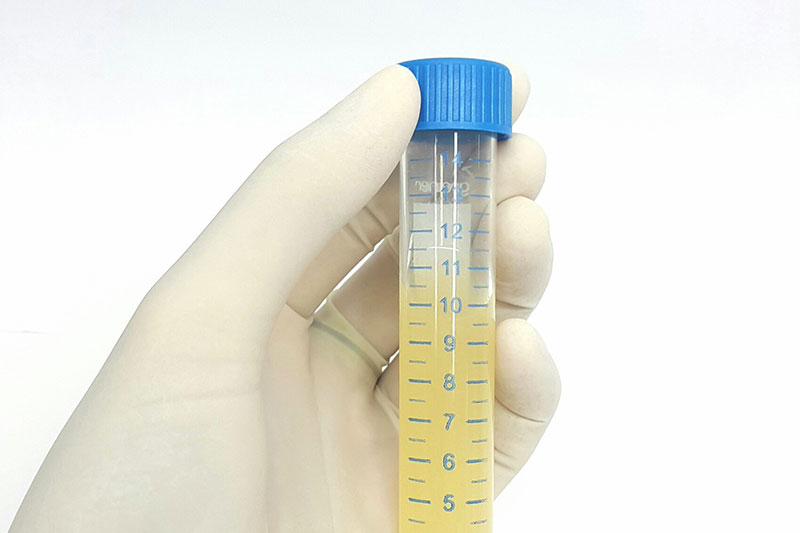
When you have a kidney infection, your body also sends white blood cells to the area to fight the infection. You may see this in your urine in the form of a cloudy-like substance, which is a mix of white blood cells and bacteria.
#7 – Pus in the urine
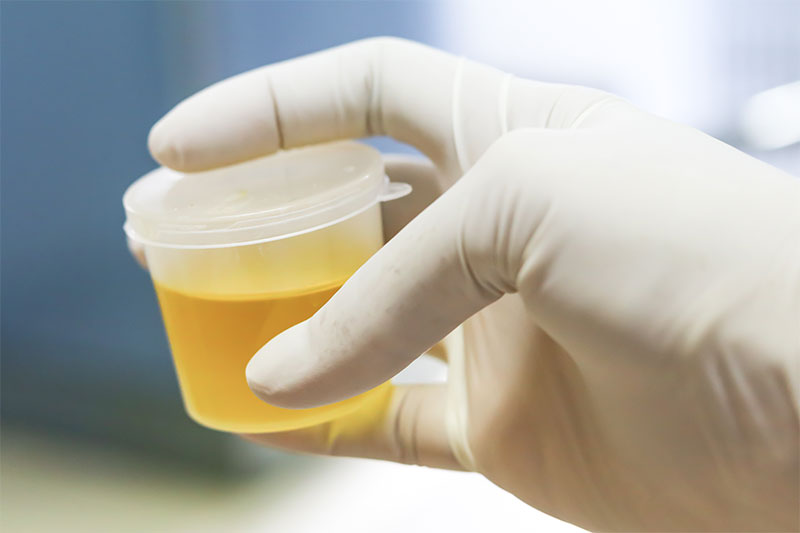
In any case, this is not a good sign and should cause you to consult with your doctor. In especially severe infections, you may see puss in your urine due to an extreme buildup of white blood cells and urine.
#6 – Issues with emptying the bladder
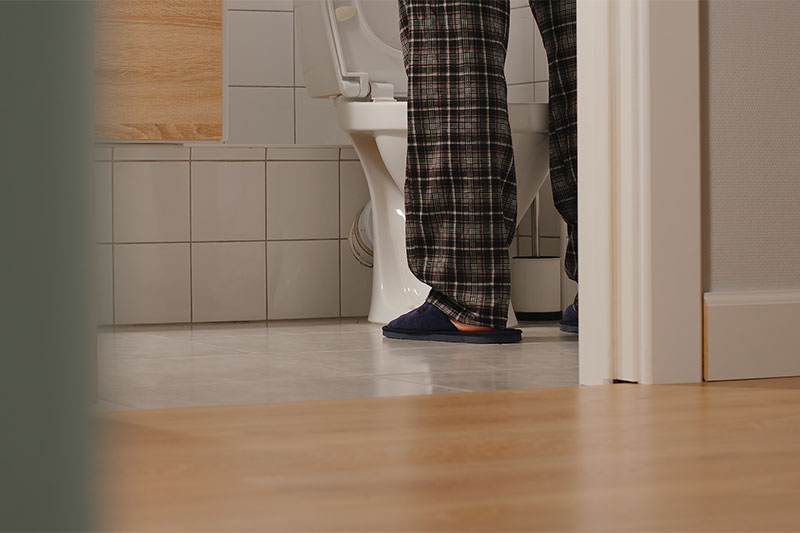
When your bladder or kidneys are infected, it can prevent your bladder from completely emptying when urinating. Over time, the leftover urine can begin to collect bacteria. This, of course, leads to even more infection.
#5 – Foul-smelling urine
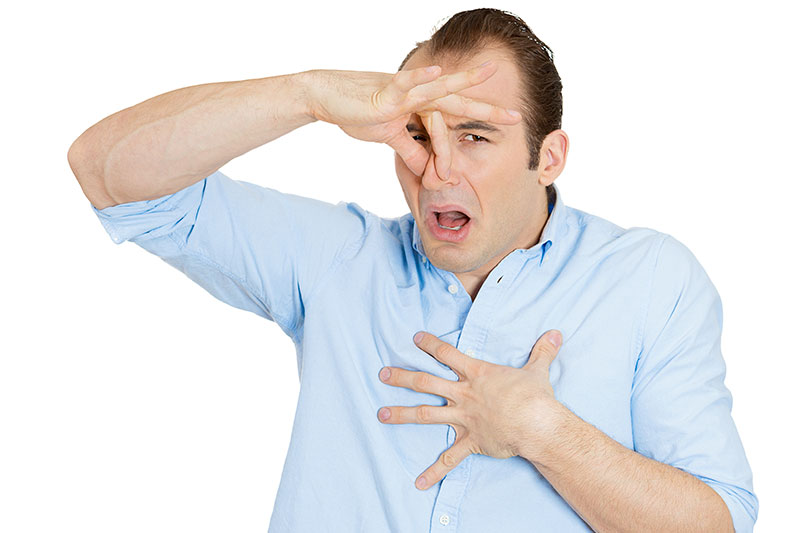
In general, your pee shouldn’t smell extremely foul. It should smell like, well, pee. So if you notice that your urine has a strong stench, it could be an indication that bacteria are fermenting in your kidney.
#4 – Pain when urinating
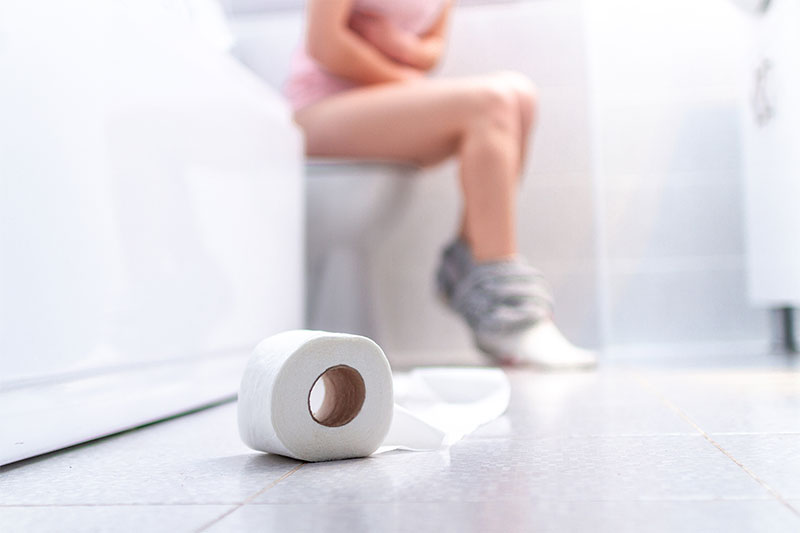
When you urinate, it should be a rather painless and effortless experience. However, if you notice that urinating has become painful, it could be due to an infected kidney. When your kidneys are infected, the inflammation tends to occur all the way through to your urethra.
#3 – Pain in the groin
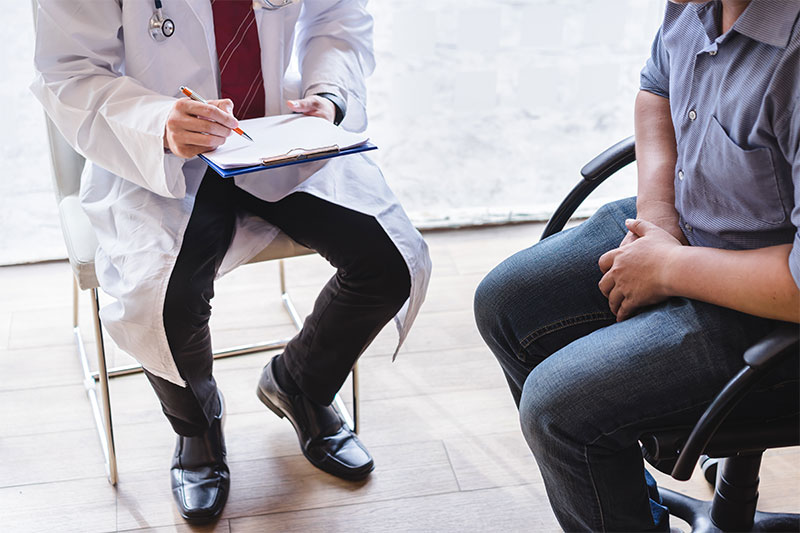
Especially for men, the pain might be felt in the groin area if a kidney infection exists. More specifically, it might feel as if you have tenderness or pain in your genitals. When this is the case, your doctor may test for a kidney infection since it is a common occurrence.
#2 – Dizziness
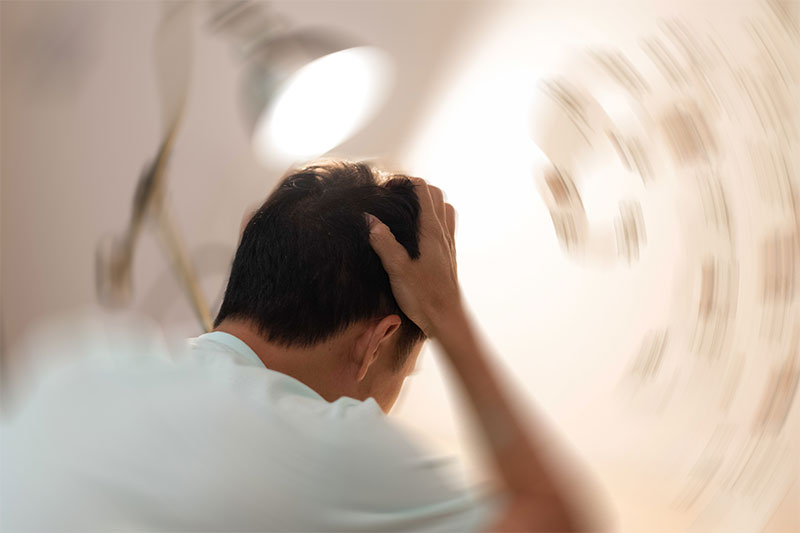
When you let a kidney infection go untreated for too long, the bacteria end up spreading through your bloodstream, infecting many other areas of your body. The inflammation the bacteria causes on your blood vessels causes them to dilate, which drops your blood pressure and makes you feel dizzy.
#1 – Fever
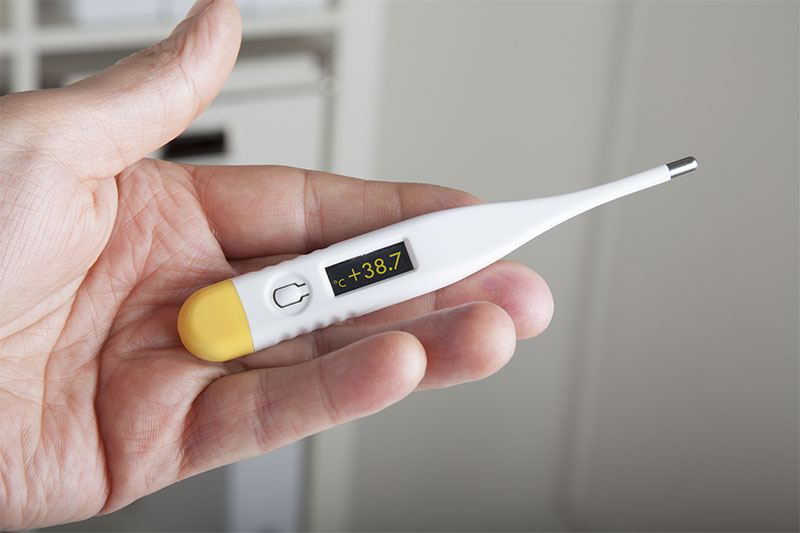
When bacteria have made their way to the kidneys, it triggers your body to raise its temperature to boost your immune response. This causes fever, of course, and is a good sign it’s time to visit the doctor.


